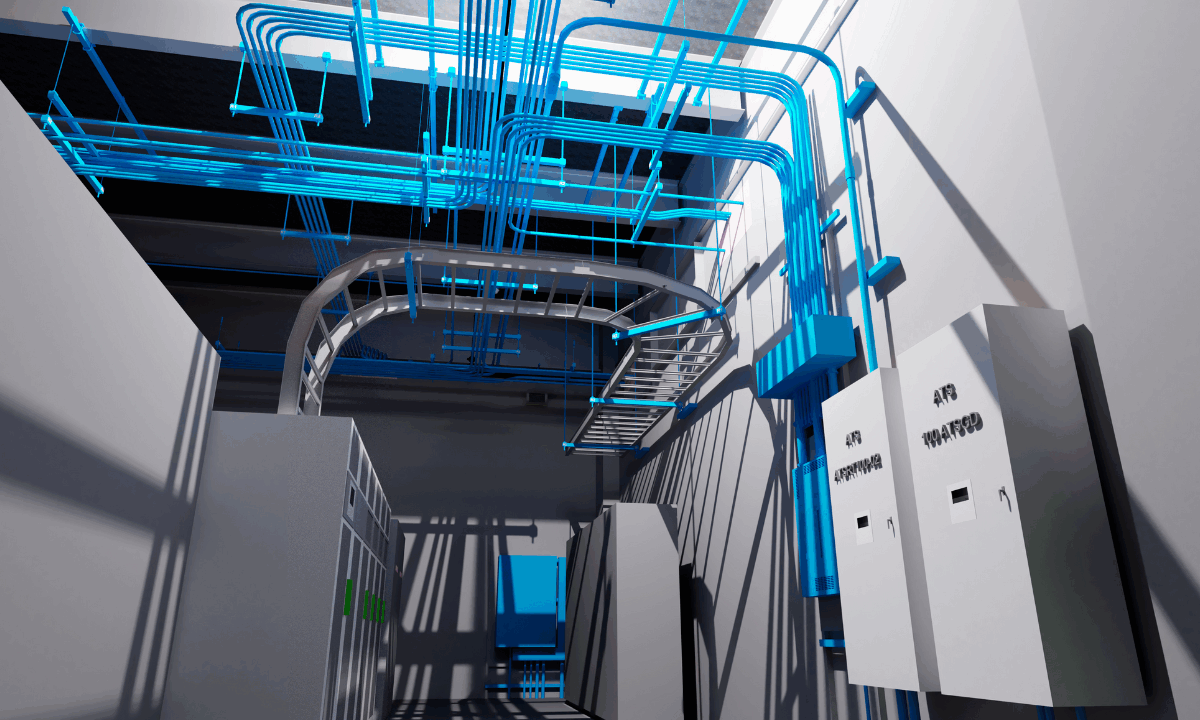The construction industry is no stranger to peculiar acronyms. However, there is at least one business acronym that is not often associated with construction: CRM.
CRM stands for Customer Relationship Management, and these days, it’s almost exclusively used when describing sales and marketing software or technology. Even though the construction industry is built upon customer relationships, utilizing technology to help manage those relationships remains an area where many construction businesses may lag, even as other industries have gone all in with implementing CRM technology over the last 10 to 15 years.
Nevertheless, utilizing CRM technology can yield some big benefits for those in the construction field.
Work Quality is Important, But So Are Relationships
For many construction businesses, and especially for the small-to-medium sized firms, customer word-of-mouth is one of the primary means of sourcing new business. While great work will always stand on its own, managing customer relationships is also very important — way too important to be left to chance. But how can a typical construction company benefit from CRM?
Increasing Customer Value Is the Goal
One benefit of utilizing CRM technology is to increase value to the customer. And one way to do that is to streamline all of the paperwork that goes along with a new project or job, starting with the initial estimate all the way through to the final invoice. Enter the information once as the estimate, then convert the final version of the estimate into the project contract, and lastly, convert that contract into one final invoice (or a series of progress invoices).
By eliminating double (and triple) entry of the same information, a contractor can significantly cut down the time it takes to get important documents to its customers. It’s also important to be able to access any project document that’s needed at any time, and of course, to be able to share that document with the customer with a simple click. Any construction business that’s thinking about new CRM technology should look for apps or software packages that feature document management capability.
The big goal here is for contractors to make their customers actually enjoy working with them, and a good CRM can help to do just that.
Integrations Matter
When it comes to any new software, integrations matter. It’s not good if the CRM software contains bids, estimates and contracts, but the accounting software contains invoices and payments, and neither system talks to the other. That means that double entry of the same data will be required at a minimum, but it also opens up a contractor to the risk of important information getting lost or inaccurately recorded.
When looking at CRM technology, look for packages that come with a range of built-in integrations for common accounting packages (such as Quickbooks or Xero), email services (such as Google’s Gmail) and others.
When considering a new CRM technology (or any technology for that matter), construction companies need to first have an honest (brutally honest) assessment of where they are currently with regards to technology. There are a lot of CRM software packages available in the marketplace, but many might be too sophisticated a leap to make for a construction business that’s just wading into these waters. Technology works best when it works seamlessly. It should be in the background making everything run more smoothly — not in the way or a burden.
Last but not least, many web-hosted CRM software packages will offer a free level of service with basic functionality for smaller firms. Others will offer a free trial period to evaluate the software risk-free. Look for the free pricing levels or free trial offers — this might be a good way to try a new CRM technology without breaking the bank.
With the right CRM tool, contractors can wow their customers with more than just their exceptional work. And that can help a contractor stand out in a crowded, competitive marketplace.







